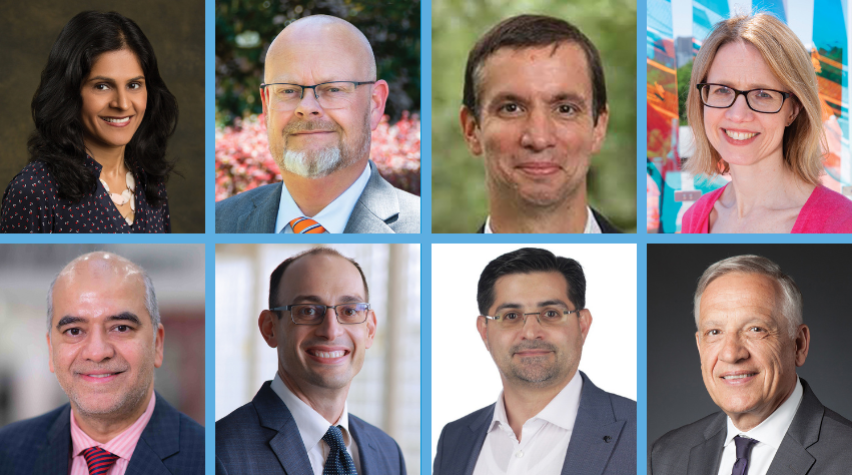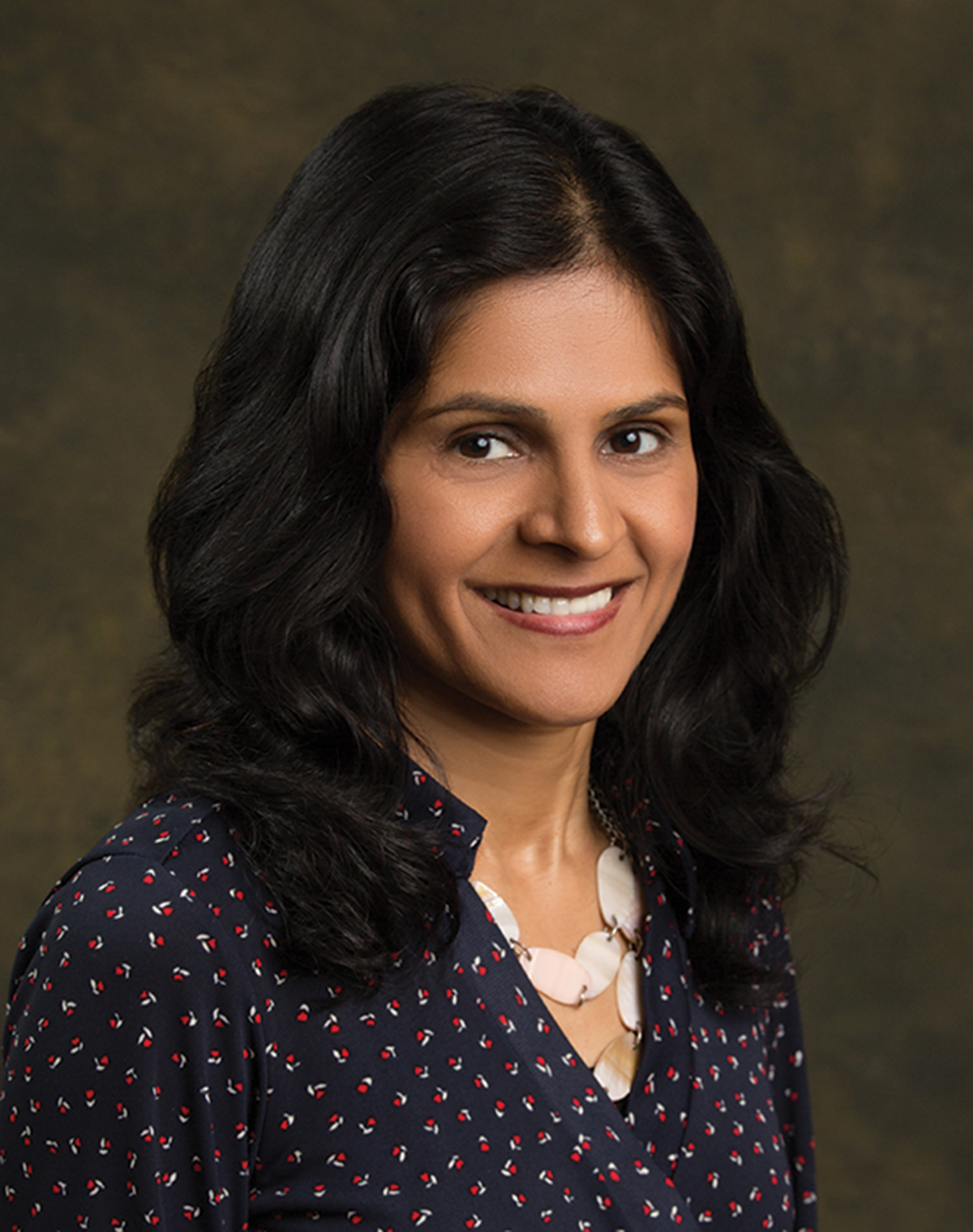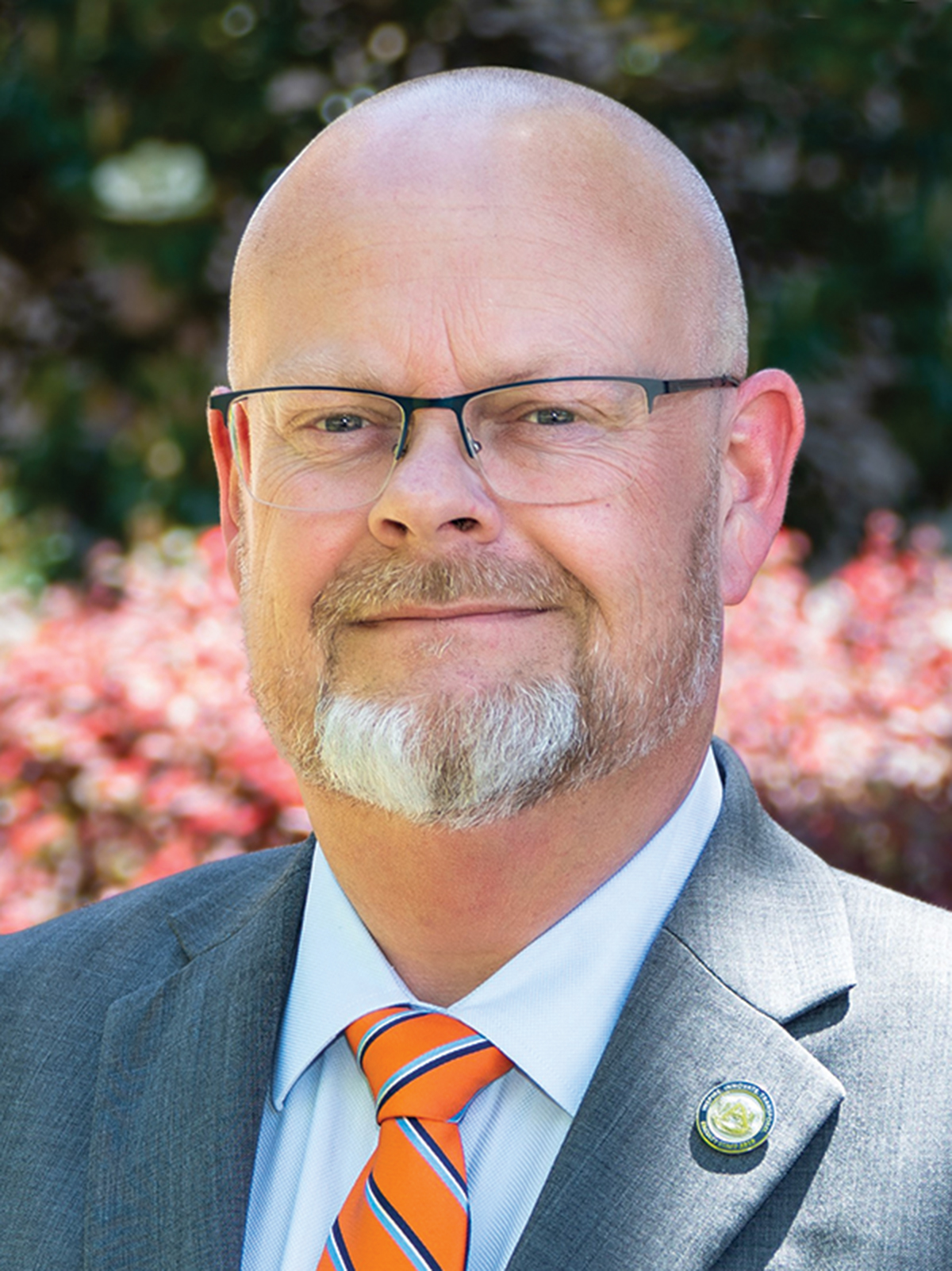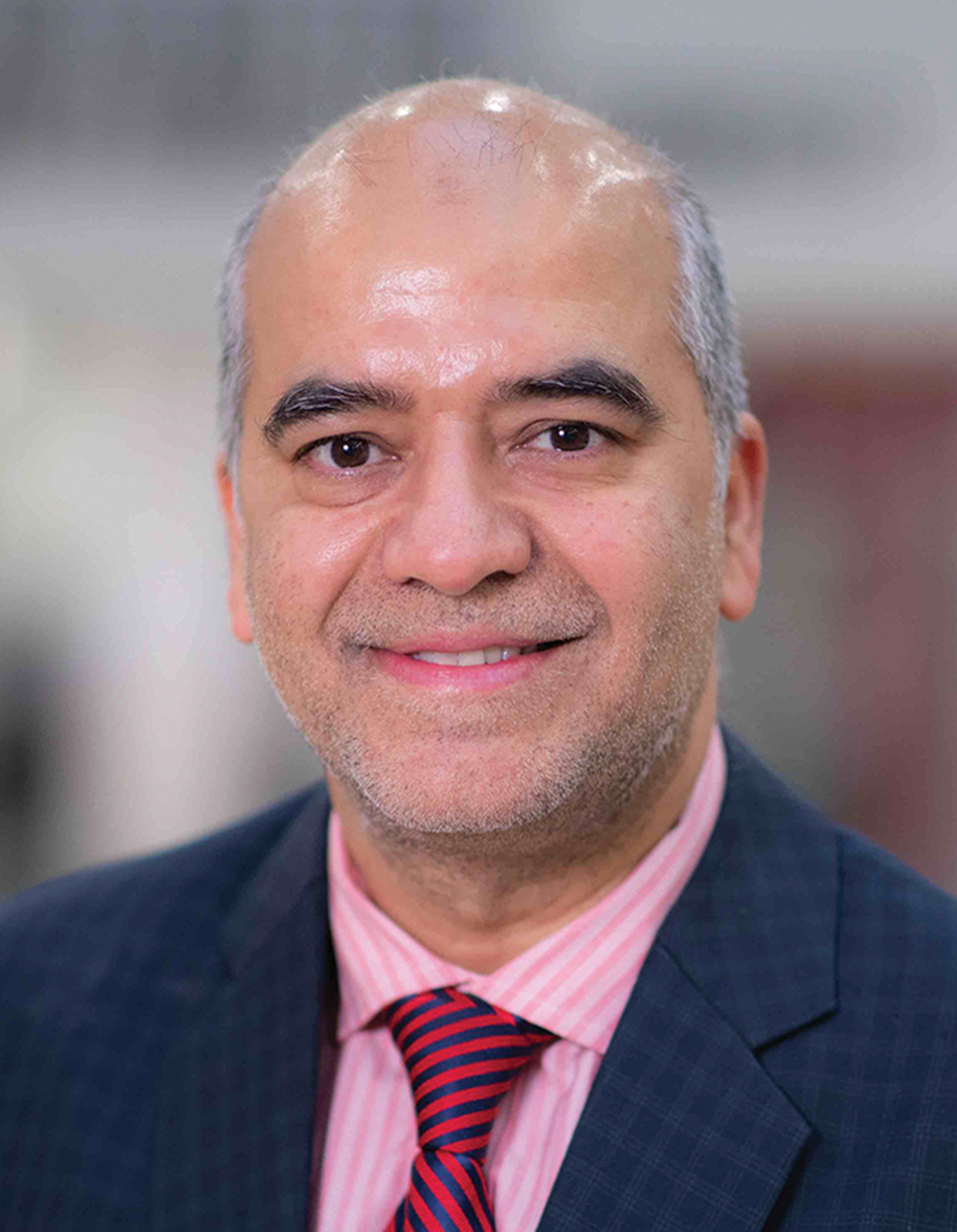
The rank of Fellow is AIChE’s highest grade of membership and is achieved only through election by the Board of Directors. Candidates for AIChE Fellow are nominated by their peers and must have significant chemical engineering experience (generally 25 years), have demonstrated significant service to the profession, and have been a member of AIChE for at least 10 years. Here are some of the recently elected Fellows. More Fellows will be introduced in future issues of CEP.

Kishori Deshpande
Kishori Deshpande is a Senior Research Scientist in Catalyst and Process R&D for Dow Packaging and Specialty Plastics. Her research focuses on catalyst manufacturing assets, process design and reactor scale up for sustainable processing of new builds, and developing a fundamental understanding of gas phase polyethylene reactions. She has applied her expertise in sustainable and energy-efficient processing across Dow’s businesses. As Chair of AIChE’s Process Development Div. (PDD), she leads a webinar series covering topics including AI, multiscale engineering, and process intensification, and she launched PDD’s “Meet the Industry Candidates” poster session at the AIChE Annual Meeting.

Mario Richard Eden
Mario Richard Eden is Dean of the Samuel Ginn College of Engineering and the Joe T. and Billie Carole McMillan Endowed Chair at Auburn Univ., where he has been on the faculty since 2004 and has served as Dean since 2023. He previously chaired Auburn’s Dept. of Chemical Engineering from 2012–2023. His areas of expertise include process design, integration, and optimization, as well as molecular synthesis and product design. His research has generated three books, 177 refereed papers, book chapters, and nearly 450 conference presentations, including 79 invited lectures and seminars. He has served as Chair of AIChE’s Computing and Systems Technology (CAST) Div.

William Epling
William Epling is Professor and Chair of the Dept. of Chemical Engineering at the Univ. of Virginia. He has made a significant impact on research in environmental catalysts, and since the mid-2000s he has dedicated most of his research to understanding how catalysts degrade and lose efficiency in reducing pollutant emissions. He is a domain expert in sulfur poisoning of selective catalytic reduction catalysts, which are used worldwide in diesel engine NO emissions reduction. Over his academic career at the Univ. of Waterloo, the Univ. of Houston, and the Univ. of Virginia, he has published 157 peer-reviewed papers and given 43 invited talks. He is active in AIChE’s Catalysis and Reaction Engineering Div.

Martha Grover
Martha Grover is a Professor in the School of Chemical and Biomolecular Engineering at Georgia Tech, where she is Associate Chair for Graduate Studies and the ADVANCE Professor in the College of Engineering. Her research program is dedicated to understanding, modeling, and engineering the self-assembly of atoms and small molecules to create larger-scale structures and complex functionality. Her approach draws on process systems engineering, combining modeling and experiments in applications dominated by kinetics, including surface deposition, crystal growth, polymer reaction engineering, and colloidal assembly. She joined the Georgia Tech faculty in 2003, and she was the Meeting Program Co-chair for the 2023 AIChE Annual Meeting.

Faisal Khan
Faisal Khan is the Mike O’Connor Chair II Professor and Head of Chemical Engineering at Texas A&M Univ. He is also the Director of the Mary Kay O’Connor Process Safety Center and Ocean Energy Safety Institute. His research interests include safety and risk engineering, asset integrity assessment management, process modeling and system design, and the application of artificial intelligence to process systems. He has founded safety research centers in Canada and Qatar, and an offshore safety group in Australia. He has also served as a safety and risk advisor to the governments of Canada and Peru. He is Editor-in-Chief of the Journal of Process Safety & Environmental Protection.

Matthew W. Liberatore
Matthew W. Liberatore is Professor and Chair of the McKetta Dept. of Chemical and Bioprocess Engineering at Trine Univ. He previously served on the faculties of the Univ. of Toledo and the Colorado School of Mines. He also held positions at the Univ. of Delaware, the Univ. of Canterbury (New Zealand), and Argonne National Laboratory. His technical expertise lies in the unique rheology measurements of complex fluids, including polymers, particles, and energy-related fluids. He has authored interactive textbooks on material and energy balances, thermodynamics, and spreadsheets, and has published more than 100 peer-reviewed articles. He chaired AIChE’s Education Div., and helped organize recent ASEE/AIChE Summer Schools for faculty.

Mahdi Nouri
Mahdi Nouri is the President of Triumph Gas, and has 25 years of engineering and construction experience in upstream, midstream, LNG, and low-carbon industries — from conception to implementation and technical services. He has held leadership roles at Worley, Jacobs, and Bechtel. Geographically, his career has covered engineering activities in the Americas, Europe, Saudi Arabia, the United Arab Emirates, Australia, Kazakhstan, West Africa, India, and Indonesia. He is the principal author of a new reference book, Life Cycle of a Process Plant, and he has published over 20 papers on gas processing. He has been a leader of AIChE’s Management and Fuels and Petrochemicals divisions.

Yannis C. Yortsos
Yannis C. Yortsos is the Dolley Professor of Chemical Engineering at the Univ. of Southern California (USC). Since 2005, he has served as the Dean of USC’s Viterbi School of Engineering. His research interests are in the flow, transport, and reaction of processes in porous media, with applications to the subsurface. A member of the U.S. National Academy of Engineering and the Academy of Athens, he recently received the NAE’s Gordon Prize for co-founding the Grand Challenges Scholars Program, and a Los Angeles-area Emmy for the PBS documentary “Lives, Not Grades.” He is Editor-in-Chief of PNAS Nexus, a journal of the National Academies.
This article originally appeared in the Institute News column in the December 2024 issue of CEP. Members have access online to complete issues, including a vast, searchable archive of back-issues found at www.aiche.org/cep.


